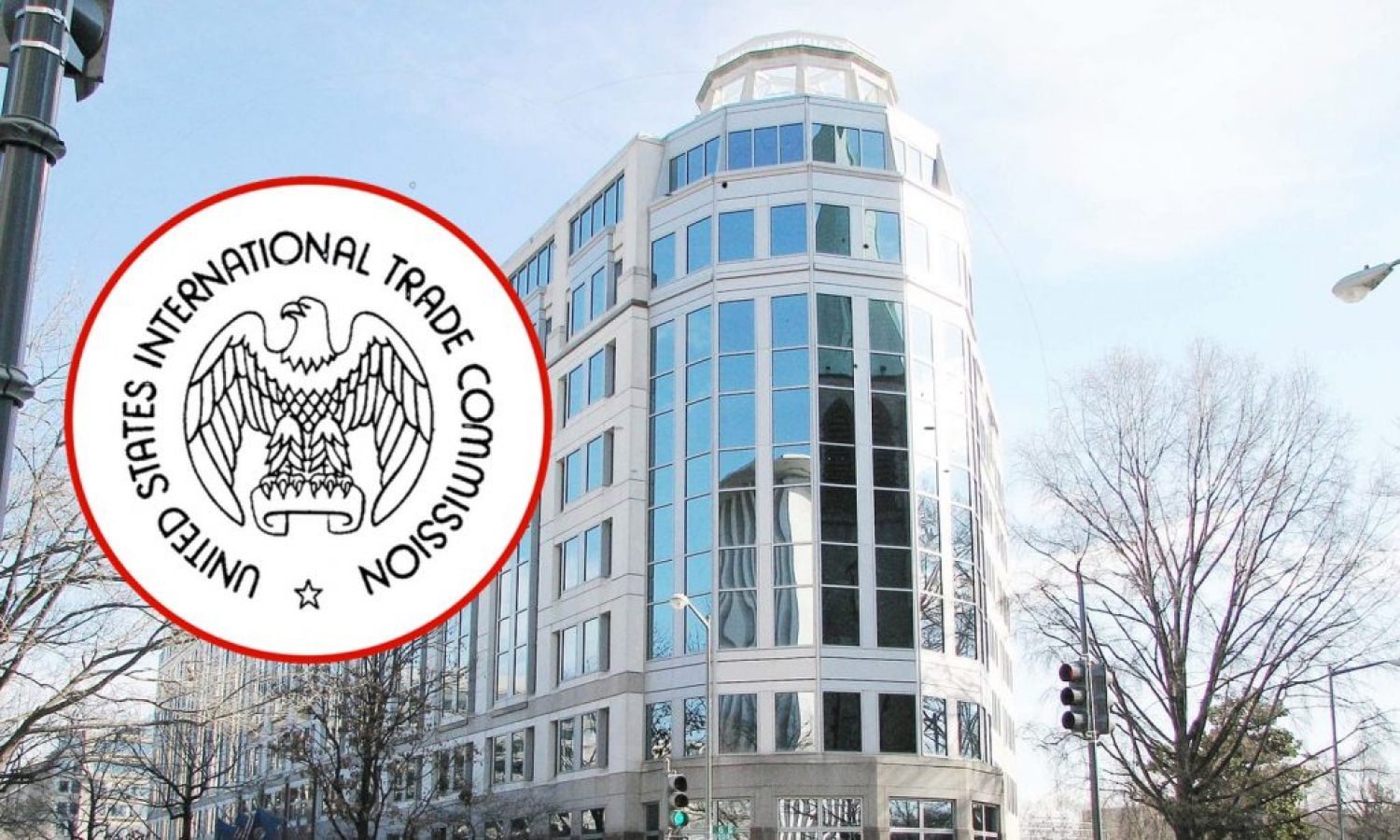New trade deal shields net corporations from liabilities
The USMCA exchange deal delivered a little-observed provision to have massive implications for Canadian net users. It will make net groups immune from liability for the content material customers put up, which means the Googles and Facebook of the arena will now not be answerable for the hate speech or reputation-detrimental lies customers post.

Until now, Canada has operated extra like Europe, in which an employer is probably dependable if it fails to address content proceedings efficiently. This will exchange with the implementation of the USMCA, and tech corporations could be unfastened to adjust their websites as they want without the hazard of liability.
For the maximum element, this is a great proposition. We need to all be worried approximately shielding freedom of expression online. We have to attempt to make them accountable birthday celebration chargeable for abusing that privilege, namely the person who authored and posted the content, no longer the tech employer. However, agencies need to have a few duty in this regulatory space, and the USMCA makes it hard for Canada to carve our very own path on what this duty have to seem like.
The USMCA provision is modeled on a U.S. Regulation, Section 230 of the Communications Decency Act, which is heralded in many circles because the regulation made the net the unfastened space that it’s far today. Without protective tech corporations from legal responsibility, the argument goes, they may not innovate, and censorship will prevail. This was all nice and accurate when the regulation came into effect 20 years in the past. Section 230 created stability after a sequence of questionable prison decisions. However, the internet has matured since the Nineteen Nineties. In taking stock, one facet effect of Section 230 is superb: as lots, because it has enabled loose speech online, it is also the supply of so much distress. The revenge pornography that you couldn’t get a site to take down, the lies, or privateness invasions might be immortalized online. If it is an American-based web page, you may thank Section 230.
The chief flaw of Section 230 is its bluntness. It reflects polarized coverage discussions of the Nineties — that there are best two alternatives of censorship or freedom. This narrative nonetheless exists. However, it is not correct or helpful. For one, an aim of Section 230 turned into to encourage corporate obligation, but nothing in the provision maps how to acquire this. As a result, a few corporations have sophisticated structures to deal with online abuse, such as Facebook’s Community Standards, largely borne out of public pressure instead of the have an impact on Section 230, even as different organizations have no device in the vicinity to address online abuse, but experience the protections Section 230 offers. The language of the USMCA is further fallacious in immunizing tech businesses from liability and being silent as to ideas of obligation.

This is unlucky timing due to the fact we’ve got found out loads in the final twenty years, and new species of law are emerging that take a greater nuanced technique to encourage corporate responsibility. Consider our privateness laws, which are principle-based totally and supply marching orders to agencies on a set of requirements; however, they are undefined in how an employer would acquire one’s goals. Other examples include reporting necessities, dispute decision standards, and different observed guidelines. Even the U.S. Is backtracking from Section 230, with amendments brought in advance this yr. This regulatory nudging is the future of technology law, mainly if we are dedicated to each freedom of expression and competing rights, including the right to privacy, security, and recognition.
Here are the steps to getting your first corporate credit alternate line(s) within the first 30 to forty-five days of your incorporation. Getting your first credit alternate line(s) is extraordinarily easy to get as long as you observe only some simple steps.
Once you have your agency set -up and your commercial enterprise smartphone variety and address in order, you’ll need to go after the net thirty days (30) organizations and other corporations so that it will provide your enterprise company credit score exchange line(s) like Uline and Fed Ex Kinko’s.
Once you’ve got carried out and acquired one or all of these company credit tradeline(s), you may want to apply them and pay them promptly so that your business credit score rating will begin to grow. The trick usually appears for internet 30-day agency credit carriers because they difficulty out unsecured corporate credit score fast and require little or no statistics in your commercial enterprise.
By following this easy strategy of going after easily obtained company credit score providers, you will set the stage for building your enterprise credit recognition faster and building your overall status as an energetic functioning enterprise.

When you set up your corporate credit score, you are actually telling the sector you are a real business and believe you. This factor is regularly unnoticed using many commercial enterprise begin-ups. For that reason, they omit out on plenty of commercial enterprise opportunities, contracts, and alike, that they might have gotten handiest if they had installed themselves as an actual, lively, and functioning enterprise entity and had a reputation that preceded them financially and in any other case.